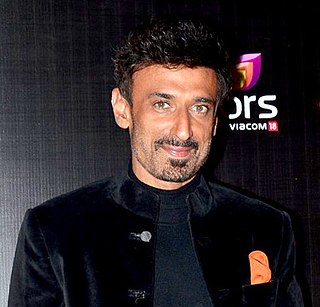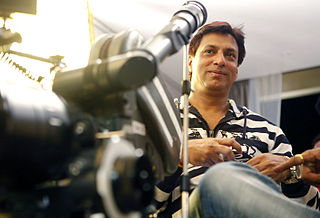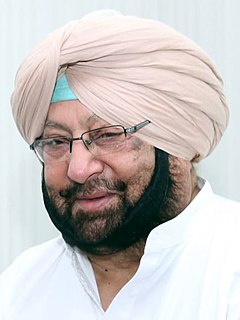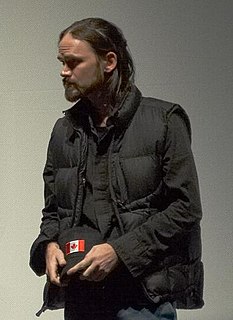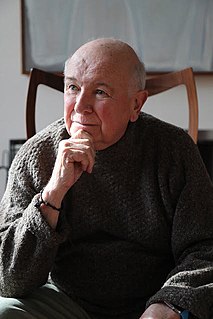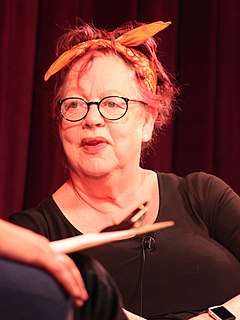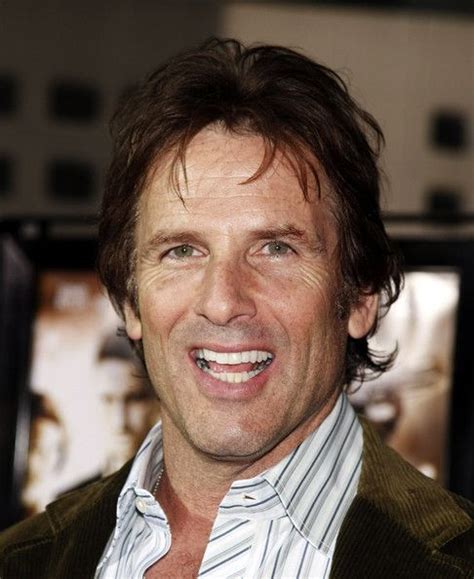A Quote by Rahul Dev
You can never write off a good actor, look at Arshad Warsi, one 'Munna Bhai' and he's back in business.
Related Quotes
I got to make 'Trishakti' with Arshad Warsi, who was a newcomer at that time. The movie took three years to complete and became dated by the time it was released. The movie did not even get a proper release and bombed at the box office. It was a very bad patch of my life and a big disaster for my career.
When you write a novel or paint a picture, you have the opportunity to approach it and back off, tear up pages, write, rewrite, paint over, and come back to it. In film, once you start shooting, you can't restart the clock, and you keep moving forward, and you don't look back, and you don't go back. And that is, of course, antithetical to the creative process. It's really hard to generate a comfortable creative flow under that kind of pressure.
Work with good directors. Without them your play is doomed. At the time of my first play, I thought a good director was someone who liked my play. I was rudely awakened from that fantasy when he directed it as if he loathed it. . . . Work with good actors. A good actor hears the way you (and no one else) write. A good actor makes rewrites easy. A good actor tells you things about your play you didn't know.
